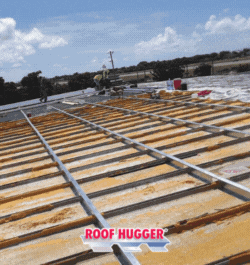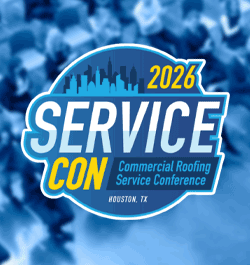Owners Need to Respond Quickly as the Market Changes

RCS Influencer Trent Cotney says to pay close attention to your contracts when projects are suspended.
The roofing industry is often impacted temporarily by state and national disasters, but the unprecedented coronavirus (COVID-19) has forced many roofers to suspend work on projects with no end in sight. Others are able to continue their projects but are now concerned about their contracts, payment and OSHA. It seems inevitable that numerous other contractors will find themselves faced with similar situations in the coming weeks.
For some contractors, business interruption insurance may be the first thing that comes to mind during a project suspension. While business interruption insurance has its place, contractors should pay close attention to their contract and analyze their exposure to a loss while the project is suspended. When faced with a suspension, quickly consult a licensed insurance professional and an attorney experienced in construction law to assess your exposure and contractual rights.
Given the economic climate, taking all reasonable steps to ensure payment are critical. One step to get closer to receipt of payment is proper filing of liens. Liens are granted to providers of labor or materials for construction projects and are an important legal protection. Additionally, liens are often included in agreements to secure loans for construction finance or purchase of large equipment. Filing a Claim of Lien for your projects will provide an alternative method of payment long term. Necessary deadlines, forms and procedure vary by state and the validity of a lien relies on those being closed followed.
OSHA has released guidance related to COVID-19. The primary take-away is that a work-related infection of COVID-19 should be added to all OSHA 300 logs and reported directly to OSHA if it fits set criteria. Additionally, employers should ensure they are aware of any work-related exposure to the COVID-19 virus. Whether an infection is considered work-related may be unclear. If you have discovered an employee is infected with COVID-19, consult with an attorney or safety consultant who is familiar with these rules to determine if the infection must be recorded or reported to OSHA.
More than ever, business owners will need to respond quickly and appropriately as the market changes to ensure the success of their businesses. Looking at the big picture for your business and outstanding contracts will help to determine what smaller steps are needed to get through this national crisis. If you are looking for additional resources, please check out our COVID-19 resource page at: https://trentcotney.com/covid-19-resources/.
Trent Cotney is the founder of Cotney Construction Law, a law firm that specializes in roofing and construction law. See his full bio here.
Disclaimer: The information contained in this article is for general educational information only. This information does not constitute legal advice, is not intended to constitute legal advice, nor should it be relied upon as legal advice for your specific factual pattern or situation.






















Comments
Leave a Reply
Have an account? Login to leave a comment!
Sign In